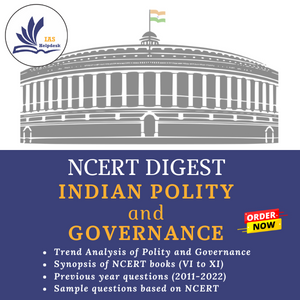Unlocking the Benefits of HUF: A Powerful Tax Planning Tool for Hindu Families
Description
Description: Discover the advantages of Hindu Undivided Family (HUF) in tax planning, loans, property ownership & more. Explore how HUF serves as a valuable financial entity for Hindu families.
Under Hindu Law, an HUF is a family which consists of all persons lineally descended from a common ancestor and includes their wives and unmarried daughters. An HUF cannot be created under a contract, it is created automatically in a Hindu Family.
Karta is the eldest member of the family. Upon retirement or death of the Karta, the eldest child – male or female becomes the next Karta of the HUF without any changes in the HUF. People who are born in the family automatically become co-parceners of the HUF by birth. Also, any woman who is married to any of the member of the HUF becomes the member of the HUF. Woman gain privilege in such concept as they can be members in two HUFs at the same time viz co-parcener in father’s HUF and member in husband’s HUF. However, husbands of female co-parceners do not get any right in the HUF of wives’ parents.
Jain and Sikh families even though not governed by the Hindu Law, are treated as HUF under the Act
Benefits of HUF
• Tax Benefits
HUF being an independent legal entity is treated separately from its members and has its separate PAN card, creating a separate stream of income. It enjoys basic tax exemption limit like an individual. A member of an HUF enjoys complete tax exemption on any amount of income received from business done by the HUF as the same is taxable in the hands of the HUF. Moreover, deductions u/s 80C, 80D, 80DD, 80DDB, and 80TTA can be enjoyed by the HUF.
• Extending Loans
HUF can extend loans to its members as per the terms and conditions agreed upon. Also, it can take a Home Loan to purchase any residential property and avail tax benefits under Section 80C of the Act for loan repayment and the interest to be paid thereon.
• Owning a house
Under current income tax laws, if you own more than one self-occupied property, only one of them can be claimed as a self-occupied property. The rest are ‘deemed to be let out’ and you have to pay tax on notional rent. However, an HUF can own a residential house without having to pay tax. In addition, it can also avail of a Home Loan to purchase a residential property and get tax benefits up to Rs 1.5 lakh under Section 80C of the Income Tax Act for loan repayment and up to Rs 2 lakh for interest thereon.
Since all members of the HUF have the right in the properties and assets of an HUF, the said Joint Assets cannot be sold without the consent of all its members. If the HUF is an owner of the property, the asset can only be alienated or sold in certain circumstances viz. either by the consent of all the co-parceners of the HUF or by the Karta who is the eldest member of the HUF to meet a legal necessity or for the benefit of the HUF wherein consent of all the co-parceners is not required. However, a co-parcener can challenge such a decision of the Karta.
Thus, an HUF has both advantages and drawbacks. Benefits from HUF can be multiplied and it can serve as a useful tax planning tool, which can be used to maximise one’s benefits keeping in mind the interests of the family. However, it needs to be strategically planned with a long-term perspective. While creating an HUF may be useful for tax planning and investments, one has to always keep in mind issues arising in joint families, the legal challenges it poses in dissolution and partition of entity.

